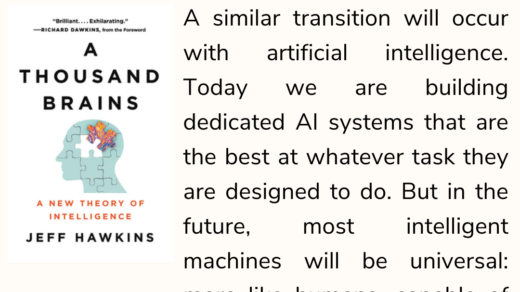Does this book advise you to cut your education short, because you won’t learn much of value anyway? Absolutely not. In the signaling model, studying irrelevancies still raises income by impressing employers. To unilaterally curtail your education is to voluntarily leap into a lower-quality pool of workers. The labor market brands you accordingly. For a single individual, education pays. On this point, the standard “education as skill creation” and the “education as signaling” theories agree. The theories make different predictions, however, about what happens if average education levels decline. If education is all skill creation, a fall in average education saps our skills, impoverishing the world. If education is all signaling, however, a fall in average education leaves our skills—and the wealth of the world—unchanged. In fact, cutbacks enrich the world by conserving valuable time and resources. Suppose you agree society would benefit if average education declined. Is this achievable? Verily. Government heavily subsidizes education. In 2011, U.S. federal, state, and local governments spent almost a trillion dollars on it. The simplest way to get less education, then, is to cut the subsidies. This would not eliminate wasteful signaling, but at least government would pour less gasoline on the fire. The thought of education cuts horrifies most people because “we all benefit from education.” I maintain their horror rests on what logicians call a fallacy of composition—the belief that what is true for a part must also be true for the whole. The classic example: You want a better view at a concert. What can you do? Stand up. Individually, standing works. What happens, though, if everyone copies you? Can everyone see better by standing? No way. Popular support for education subsidies rests on the same fallacy. The person who gets more education, gets a better job. It works; you see it plainly. Yet it does not follow that if everyone gets more education, everyone gets a better job. In the signaling model, subsidizing everyone’s schooling to improve our jobs is like urging everyone to stand up at a concert to improve our views. Both are “smart for one, dumb for all.” To be maximally blunt, we would be better off if education were less affordable. If subsidies for education were drastically reduced, many could no longer afford the education they now plan to get. If I am correct, however, this is no cause for alarm. It is precisely because education is so affordable that the labor market expects us to possess so much. Without the subsidies, you would no longer need the education you can no longer afford. Ultimately, I believe the best education policy is no education policy at all: the separation of school and state. However, you can buy the substance of my argument without embracing my crazy extremism. You can grant the importance of signaling in education, and still favor substantial government assistance for the industry. If you conclude education is only one-third signaling, your preferred level of government assistance will noticeably fall, but not to zero. At the same time, I do not downplay potentially radical implications. If, like me, you deem education 80% signaling, ending taxpayer support is crazy like a fox. This is especially clear if, as I ultimately argue, the humanistic benefits of education are mostly wishful thinking.
This book is a pretty contentious one, so I thought this first passage about how what is true for a part might not necessarily be true for the whole would be good for setting the context behind the author’s reasoning.
If education’s primary function is “signaling”, then it might make sense for each of us to get as educated as possible to signal that we are more “capable” or “intelligent. However, if everyone in society get’s more educated, then we would have spent resources and effort just trying to get that paper certificate. It is this basic premise, that the author seeks to prove that education is largely about “signaling” than actual learning or developing serious cognitive life skills.
Of course, the core argument set by the author is a lot more nuanced than the title of the book. I don’t think he is against learning how to read, basic arithmetic and other core skills. I think much of what he is trying to say is that higher levels of education increasingly becomes more about separating yourself from the rest of the pack than about the actual benefits of learning.
What do you all think? Is higher education necessarily just about “signaling”? I’ll be sharing more passages expounding on the author’s arguments.



